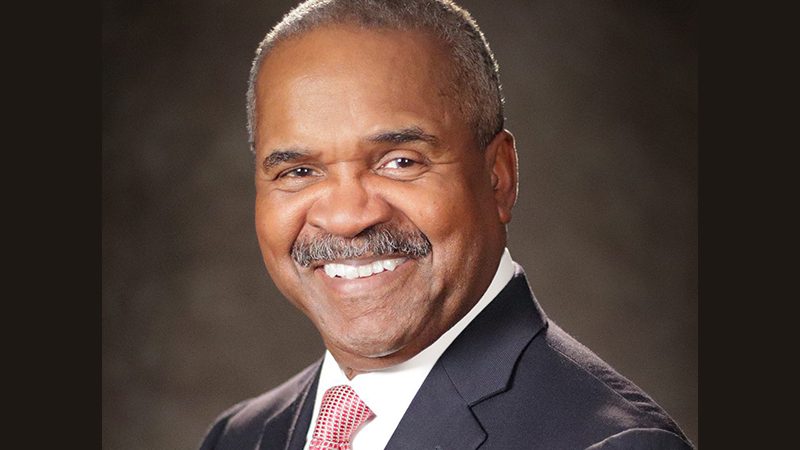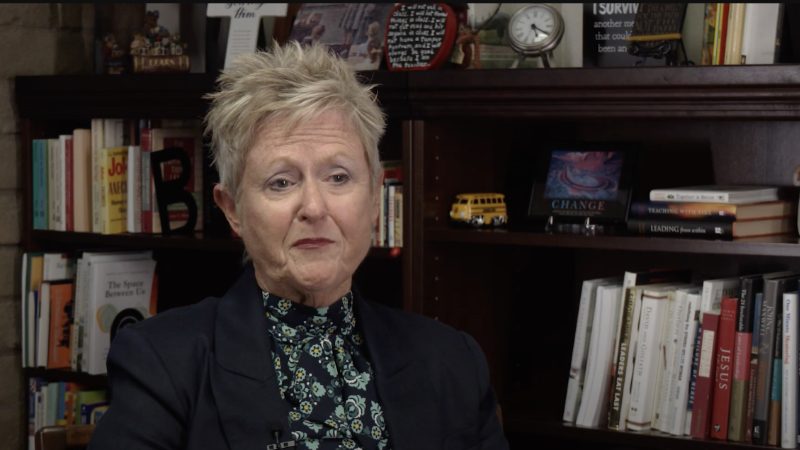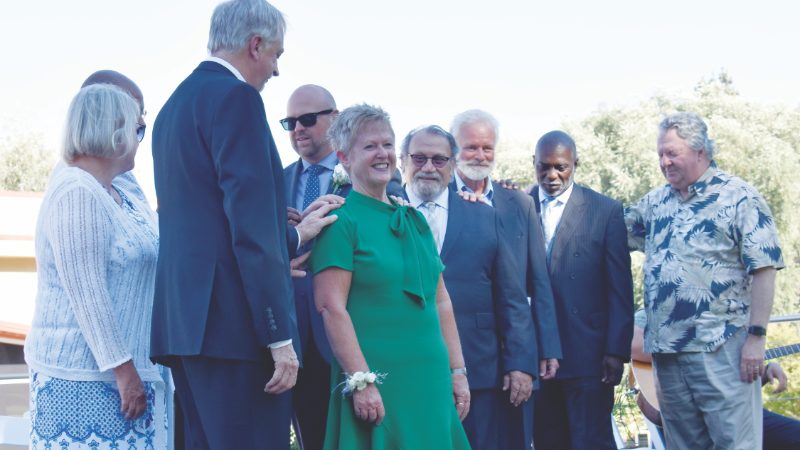
A few weeks ago, I visited a patient who was awaiting major surgery. She appeared surprised when I knocked on her door but warmly welcomed me. “I’m feeling nervous,” she confided. “I want to feel peace as I go into surgery, and I would be grateful if you could pray for me. Pray for peace and strength and for God’s hand over everything.”
Holding her hand, I offered a heartfelt prayer, asking for God’s presence, wisdom for the medical team, and peace for her mind.
A few days later, I checked on her after surgery. “Good morning, it’s Chaplain Jahdiel. How are you doing?”
Her voice was soft. “Hello, chaplain. Here I am, still in pain.”
I pulled a chair next to her bed and sat down, signaling I had time to listen. “You mentioned you’re in pain.”
Tears pooled in her eyes. “I’m struggling. The doctors won’t let me take my depression pills, and without them I feel terrible. I don’t know if I’m going to make it. It feels like God isn’t helping me right now.”
If I’d been a family member, I might have tried to counter her darkness with words of encouragement. If I’d been her pastor, maybe I would have shared Scripture passages dripping with hope. Chaplains, however, are trained to approach suffering in a different manner—to validate emotions and pain. So, with a posture of compassion, I sat with her in her pain. I listened attentively, creating a safe space for her to express her fears, doubts, and hopes, knowing—as described in the Shepherd’s Psalm—that she is not alone: “Yea, though I walk through the valley of the shadow of death…thou art with me” (Psalm 23:4, KJV).
“This is a very hard time for you,” I said. “You’re in pain, and it feels like God isn’t close. I’m so sorry you’re feeling this way. Tell me more.”
“I’ve been crying out to God, but I don’t feel Him answering me. I tell Him, ‘Lord, I’m not ready to go. I want to go back to my church and serve as a deaconess like I used to.’ Then there’s my daughter—she’s going through a terrible divorce. She keeps telling me, ‘Mom, don’t leave me. I need you.’ And my granddaughters—they call and ask if I’m OK. It breaks my heart. They need me, chaplain, but I feel so weak.”
By the end of our conversation, something had shifted. Though her physical pain remained, she began to rediscover hope as she reflected on God’s faithfulness in her life, acknowledging that He had carried her through many storms before.
On a bright Saturday morning a few weeks later, a car pulled up in front of the church I attend. I walked toward it to see if the driver needed assistance parking. To my surprise, it was my patient. She stepped out of the car with a radiant smile. My heart swelled with joy as I embraced her. “It’s such a blessing to see you here,” I said.
Tears filled her eyes. “Chaplain, thank you for giving me hope. Thank you for sitting with me in my despair. I didn’t need sunshine; I just needed company.”
I was overwhelmed, barely able to find words to respond. “God is good,” I whispered. “Let’s thank Him together.”
We walked into church, and in that sacred moment, we prayed, giving thanks to the One who restores hearts and heals souls.
____________________
By Jahdiel Matos
Estar presente en el sufrimiento es sanar

Hace unas semanas, visité a una paciente que estaba a la espera de una cirugía mayor. Pareció sorprendida cuando llamé a su puerta, pero me dio una cálida bienvenida. «Me siento nerviosa», confió. «Quiero sentir paz al entrar en cirugía y estaría agradecida si pudiera orar por mí. Ore por la paz y la entereza y por la mano de Dios sobre todo».
Sosteniendo su mano ofrecí una oración sincera, pidiendo la presencia de Dios, sabiduría para el equipo médico y paz para su mente.
Unos días después, la visité después de la cirugía. «Buenos días, soy el capellán Jahdiel. ¿Cómo está?»
Su voz era suave. «Hola, capellán. Aquí estoy, todavía con dolor».
Acerqué una silla a su cama y me senté, haciendo señas de que tenía tiempo para escuchar. «Ha mencionado que tiene dolor».
Las lágrimas se acumularon en sus ojos. «Estoy luchando. Los médicos no me dejan tomar mis pastillas para la depresión y sin ellas me siento fatal. No sé si lo voy a lograr. Siento que Dios no me está ayudando en este momento».
Si hubiera sido un miembro de la familia, podría haber tratado de contrarrestar su oscuridad con palabras de aliento. Si hubiera sido su pastor tal vez habría compartido pasajes de las Escrituras llenos de esperanza. Los capellanes, sin embargo, están capacitados para abordar el sufrimiento de una manera diferente para validar las emociones y el dolor. Así que, con una postura de compasión, me senté con ella en su dolor. Escuché atentamente, creando un espacio seguro para que ella expresara sus temores, dudas y esperanzas, sabiendo —como se describe en el Salmo del Pastor— que no está sola: «Sí, aunque ande por el valle de sombra de muerte... tú estás conmigo» (Salmo 23:4).
«Ese es un momento muy difícil para usted», le dije. «Tiene dolor y se siente como si Dios no estuviera cerca. Lamento mucho que se sienta así. Cuénteme más».
«He estado clamando a Dios, pero no siento que me responda. Le digo: “Señor, no estoy lista para irme. Quiero volver a mi iglesia y servir como diaconisa como solía hacerlo”. Luego está mi hija, que está pasando por un divorcio terrible. Ella sigue diciéndome: “Mamá, no me dejes. Te necesito”. Y mis nietas, me llaman y me preguntan si estoy bien. Me rompe el corazón. Me necesitan, capellán, pero me siento muy débil».
Al final de nuestra conversación, algo había cambiado. Aunque su dolor físico persistía, comenzó a redescubrir la esperanza al reflexionar sobre la fidelidad de Dios en su vida, reconociendo que él la había llevado a través de muchas tormentas antes.
Unas semanas más tarde, en una luminosa mañana de sábado, un coche se detuvo frente a la iglesia a la que asisto. Caminé hacia él para ver si el conductor necesitaba ayuda para estacionarse. Para mi sorpresa, era mi paciente. Salió del coche con una sonrisa radiante. Mi corazón se llenó de alegría cuando la abracé. «Es una bendición verla aquí», le dije.
Sus ojos se llenaron de lágrimas. «Capellán, gracias por darme esperanza. Gracias por sentarse conmigo en mi desesperación. No necesitaba la luz del sol; solo necesitaba compañía».
Estaba abrumado, apenas podía encontrar palabras para responder. «Dios es bueno», le susurré. «Démosle gracias juntos».
Entramos a la iglesia y, en ese momento sagrado, oramos, dando gracias a aquel que restaura los corazones y sana las almas.
____________________
Por Jahdiel Matos





